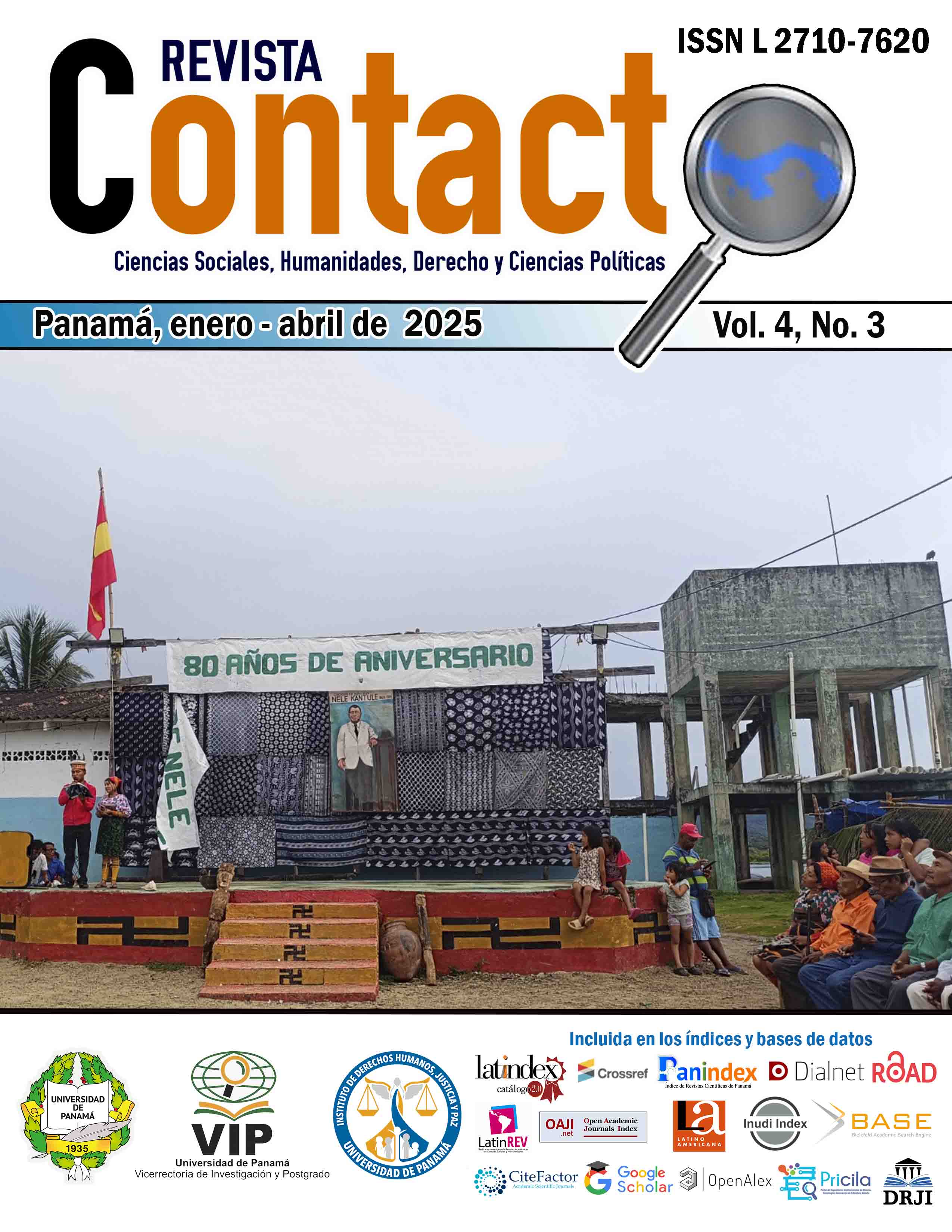

Copyright (c) 2025 Revista Contacto

This work is licensed under a Creative Commons Attribution-NonCommercial-ShareAlike 4.0 International License.
The application of Artificial Intelligence (AI) in university education offers significant opportunities to enrich learning, providing innovative tools that allow teaching to be personalized and simplify the understanding of complex ideas. However, this advancement also entails significant ethical challenges that require careful attention and analysis. Faced with this situation, the main objective of this article is to critically explore the wide spectrum of ethical applications of artificial intelligence in the university environment, beyond the original conception of the temptation to plagiarize. Through a review of academic sources, we seek to offer a comprehensive vision of how AI can contribute to the improvement of higher education, as long as the ethical issues arising from its application are addressed. To achieve this objective, a qualitative approach was used and the hermeneutic technique was adopted as the main methodology. A review of the most relevant aspects of the use of AI in higher education was carried out and subsequently, the ethical challenges associated with the use of AI were raised, along with recommendations to guarantee ethical use of this technology. Among the main conclusions are the need to guarantee transparency in the design of AI systems, guarantee broad access to this technology and carry out periodic evaluations of its application in the educational field. Finally, the need to establish regulations that prevent improper or unbalanced use of this technology is recommended.